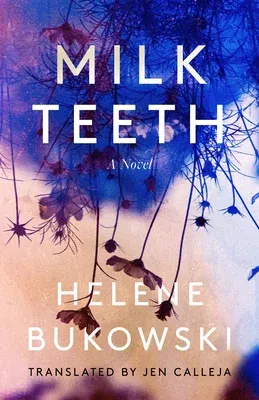A gripping debut novel... there's no shortage of climate fiction these
days, but this one is distinguished by its striking vision.
--Publishers Weekly
Skalde writes her thoughts on pieces of paper, making new discoveries
and revelations, and finding scraps with which to understand her limited
world. Her mother Edith tells her little, preferring the solitude of her
room. Their house is full of silence, and secrets.
Skalde has only ever known life in the territory, a terrain of farms and
forest cut off from the rest of the world. They are isolated further, as
decades since Edith's arrival in the territory she is still viewed as an
outsider by their remaining neighbors. A heavy fog hangs over the
territory, Skalde has never seen blue in the sky her entire childhood―
but one day the fog dissipates, and is replaced by an oppressive,
perpetual heat. The territory dries out, and its people become
increasingly erratic, and desperate.
When Skalde finds a girl called Meisis in the forest, Skalde instantly
feels she must care for her and brings her in. They form a family unit,
in spite of Skalde's increasing frustrations and anger with Edith and
the urgent need to keep Meisis hidden. Meisis's presence means there has
been a serious breach in security for the territory, and soon neighbors
find a way to blame Meisis's arrival on other changes.
Beautifully written in immersive, spare prose, Helene Bukowski's debut
novel is about what it means to care for one another at the end of the
world, about living with the impacts of climate change, and nationalism
and the way we view "outsiders." Jen Calleja's translation from German
is a lively rendition of this modern-day fairytale, of three women
living on the brink.

